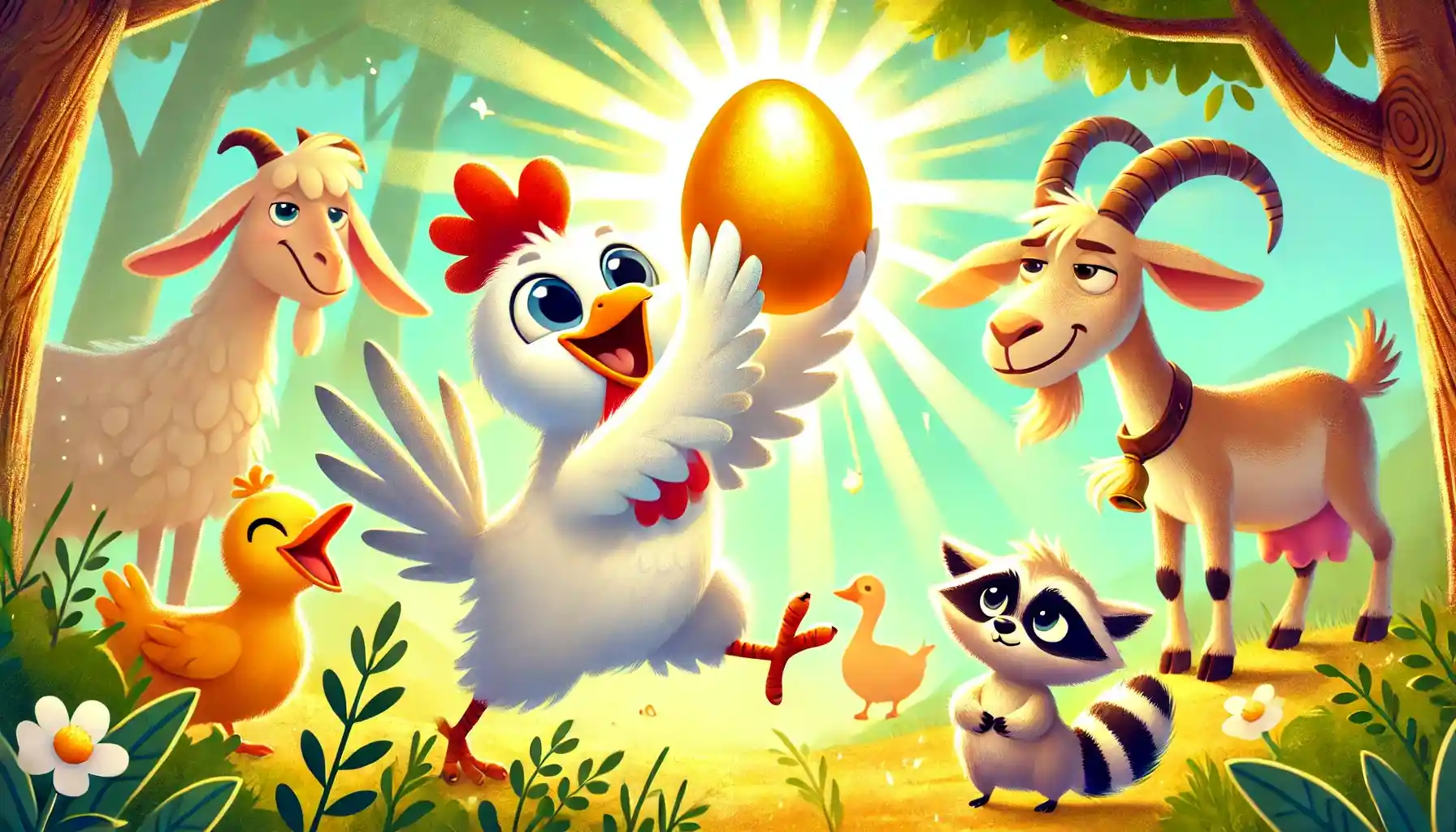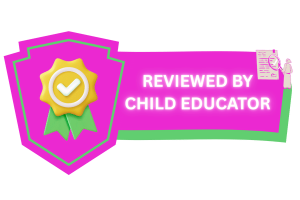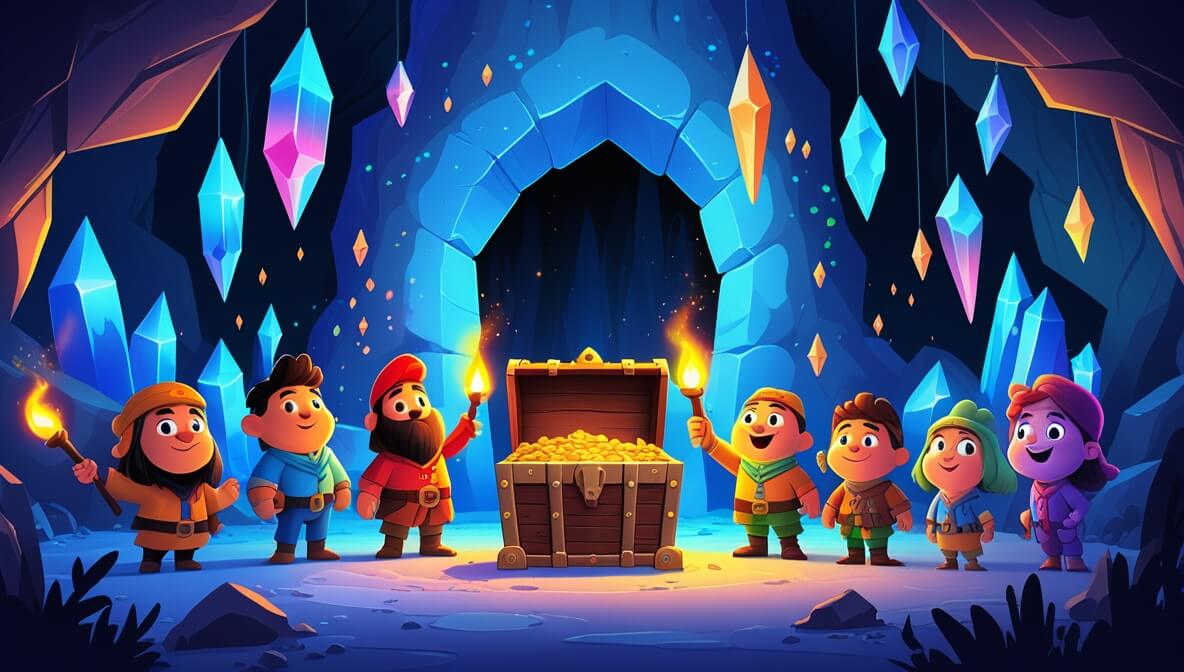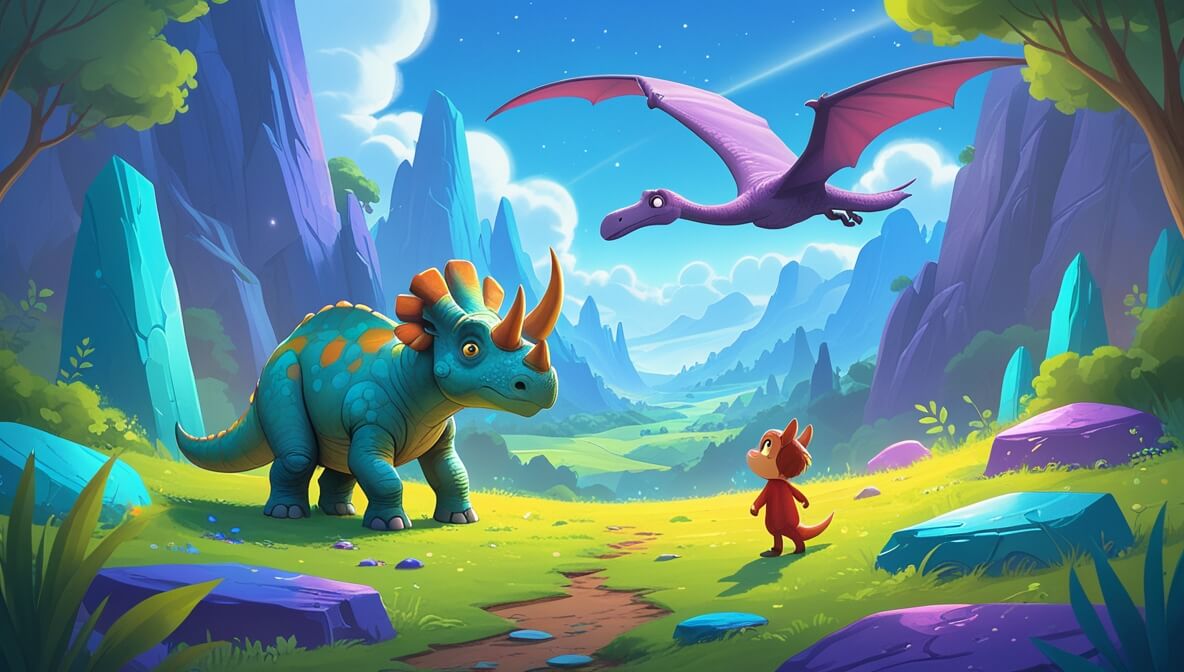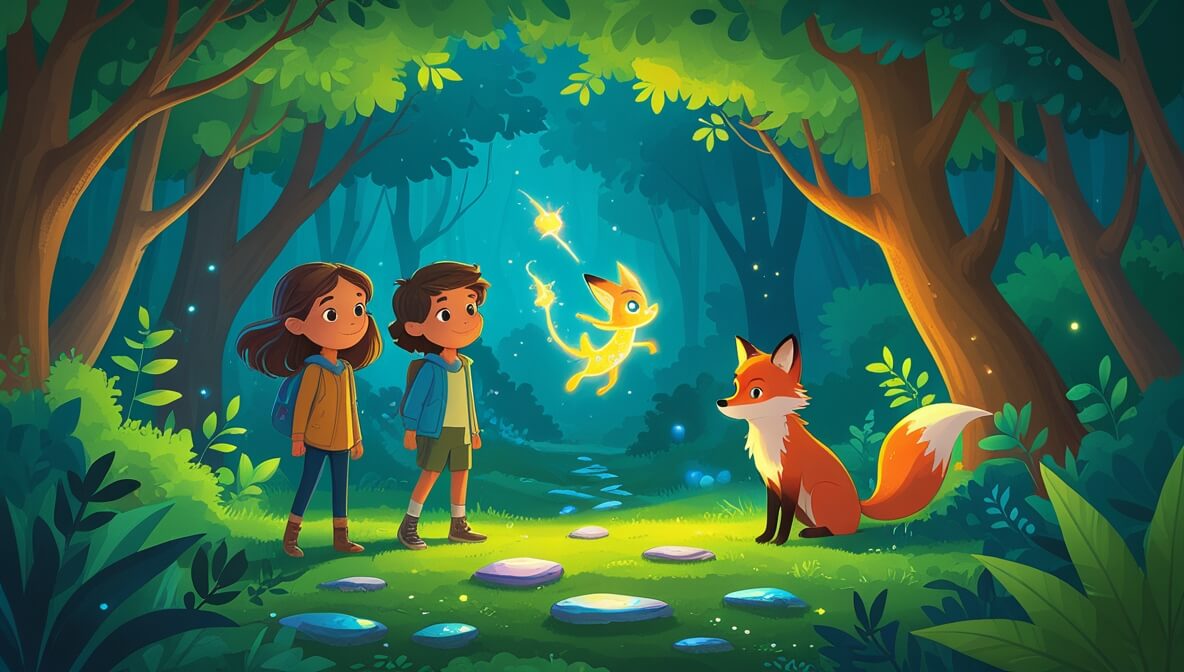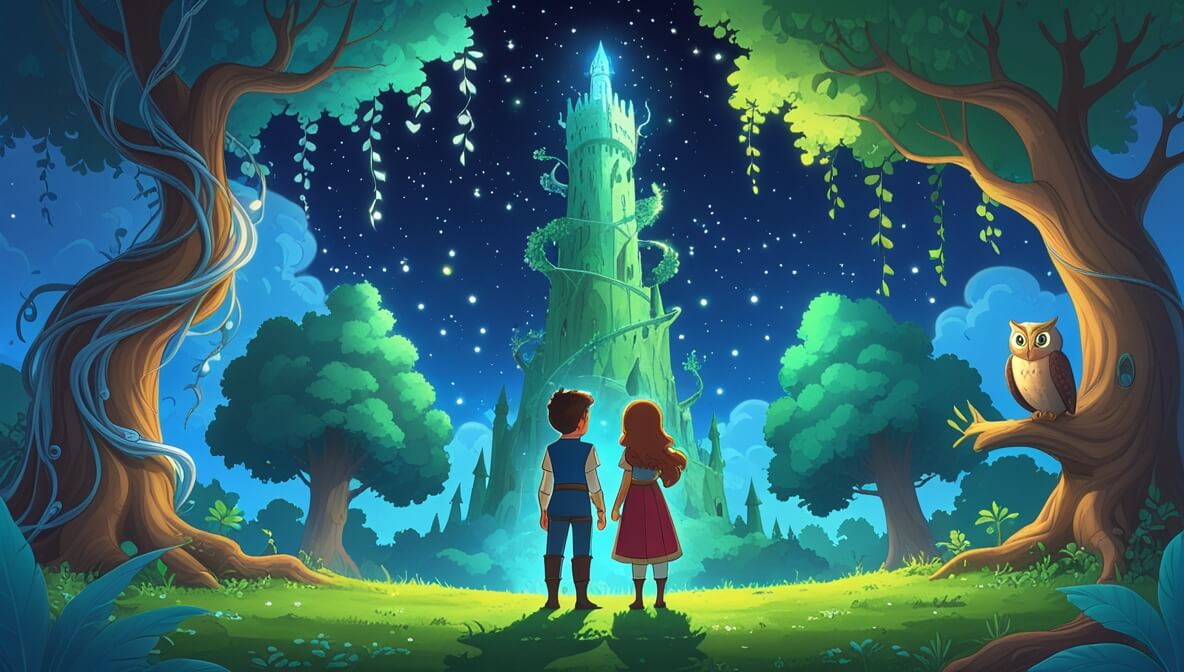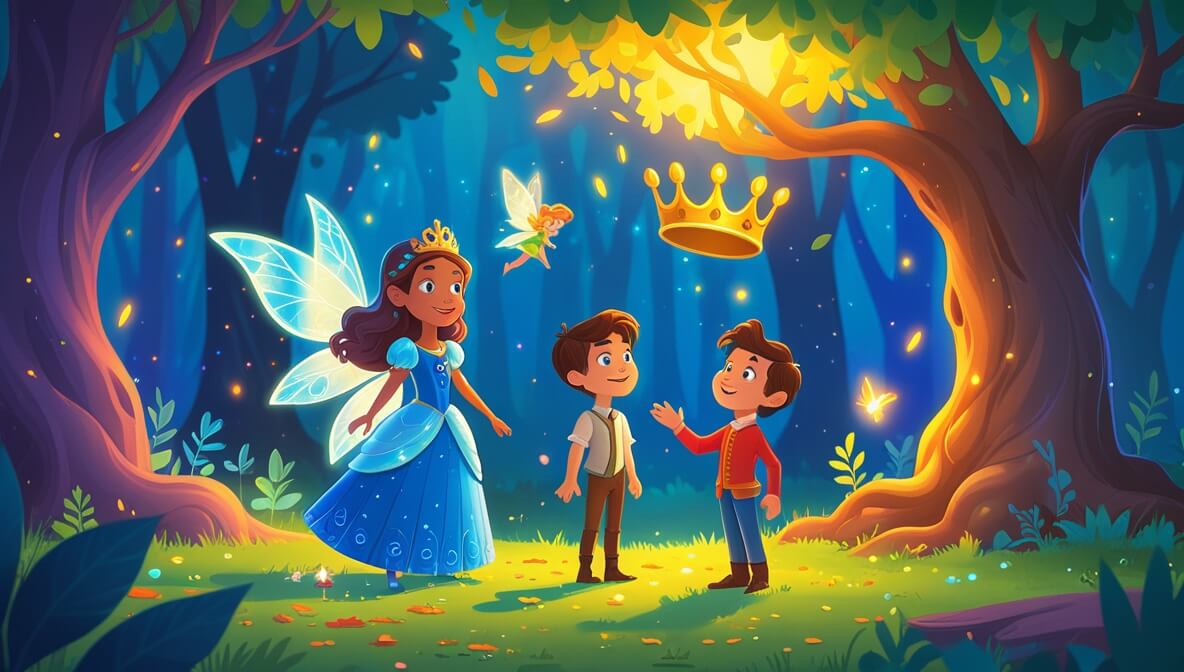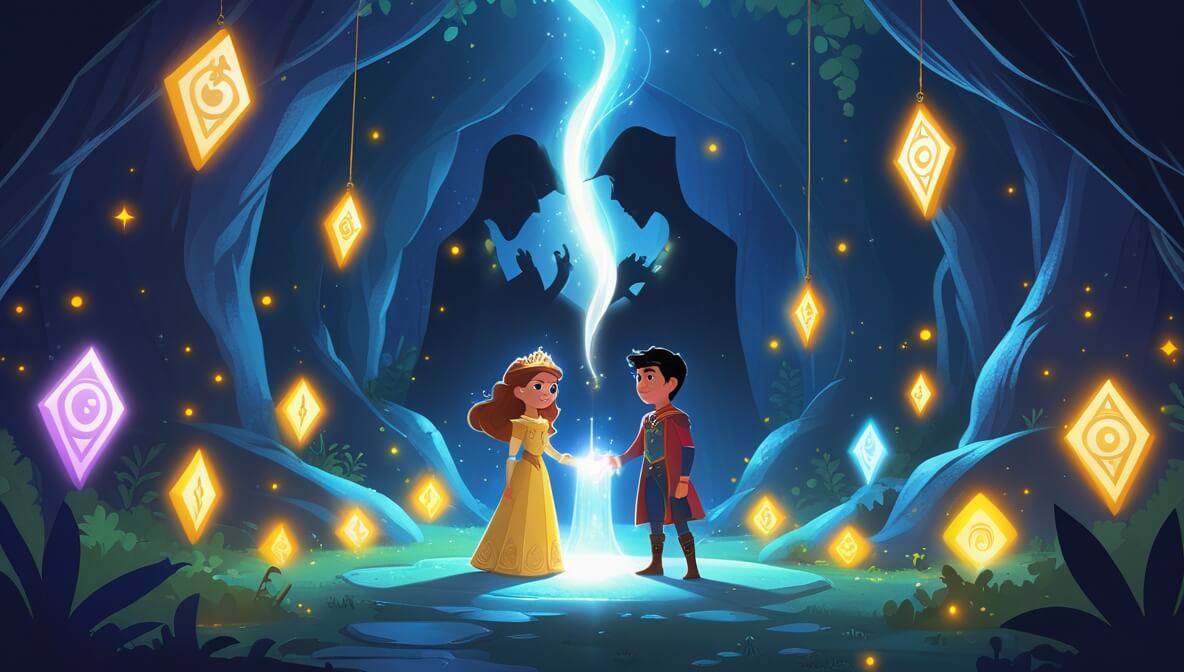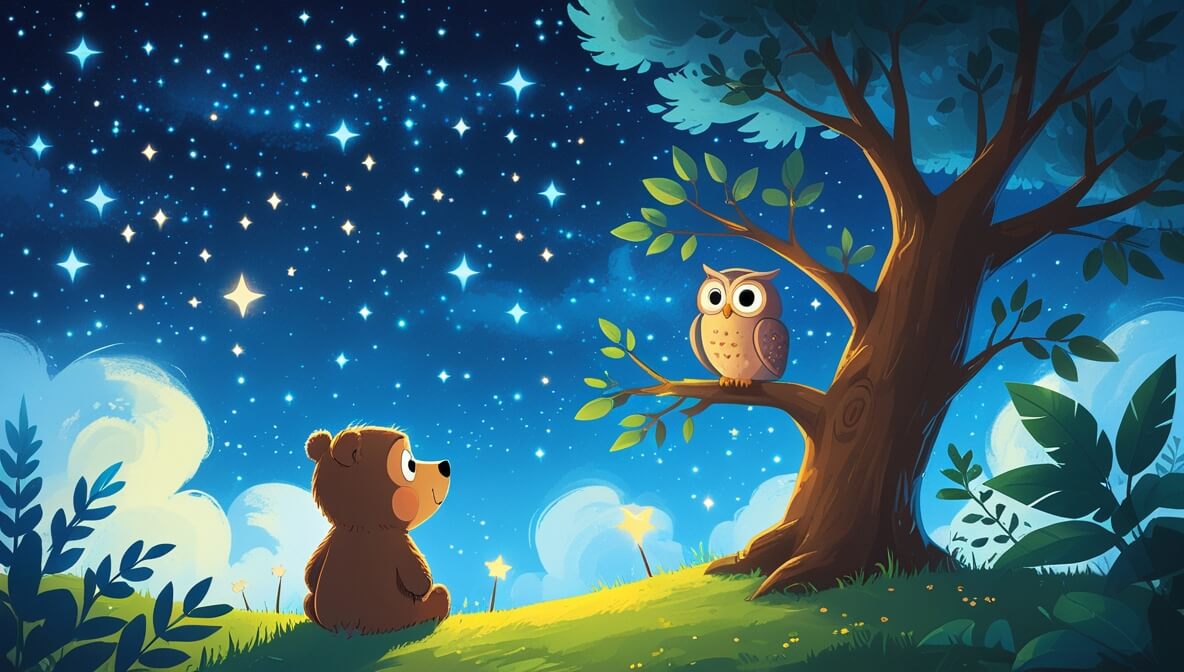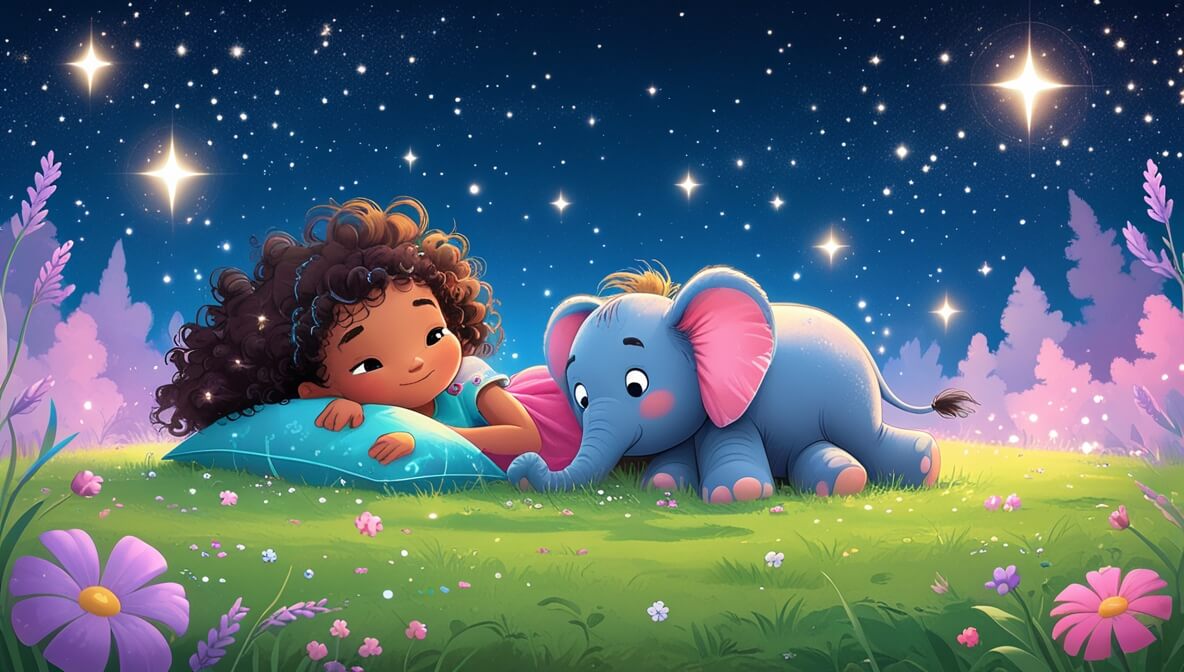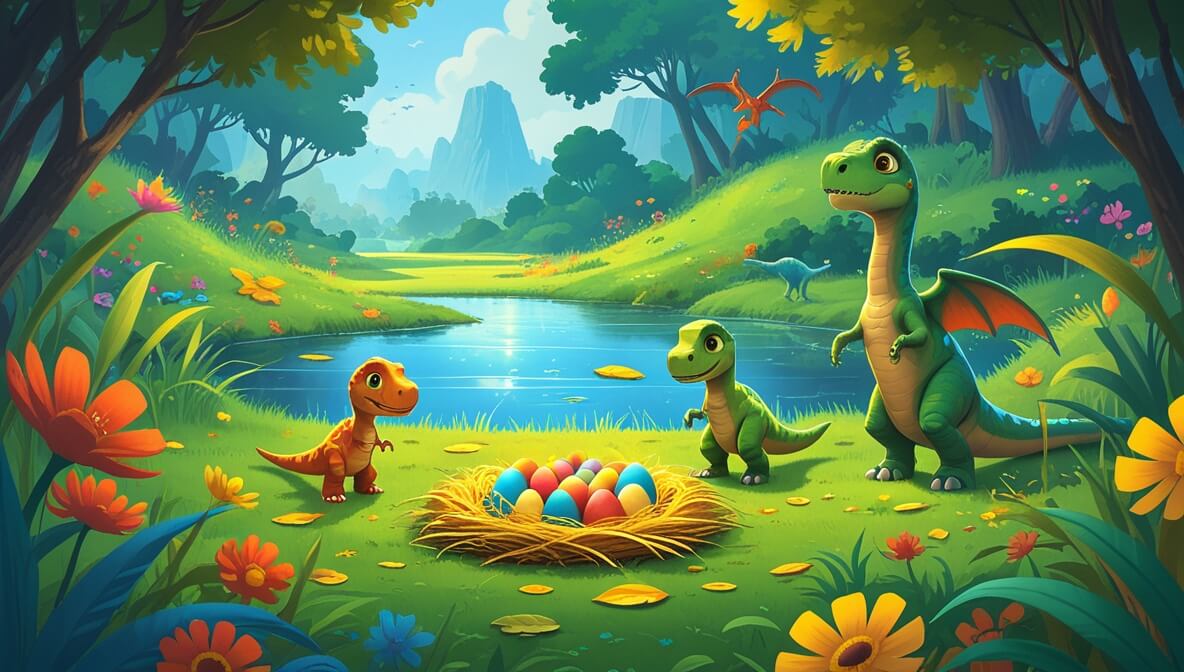When Captain Cluck discovers her precious golden egg is missing, she rallies her barnyard friends for a daring, laugh-out-loud rescue mission.
Age Recommendation
3 - 12 years
Characters of Captain Cluck and the Great Eggscape
Characters:
- Captain Cluck (a bold and determined chicken with a flair for leadership)
- Chester (a clumsy but enthusiastic goat)
- Maggie (a wise duck with a knack for strategy)
- Ralph (a mischievous raccoon who loves shiny objects)
- The Golden Egg (a magical egg that brings prosperity to the farm)
Story of Captain Cluck and the Great Eggscape
On a bright and breezy morning, the barnyard buzzed with excitement. Captain Cluck, the self-appointed leader of the farm, strutted through the henhouse, checking on her prized possession—the Golden Egg. It wasn’t just any egg; it shimmered with magical light and brought good fortune to the farm. But when Captain Cluck reached its nest, she let out a horrified squawk.
“It’s gone!” she cried, feathers ruffling in panic. The other chickens gathered around, clucking nervously. “Who could have taken it?”
Just then, Chester the goat wandered in, chewing on a piece of hay. “What’s all the fuss about?” he asked. Captain Cluck pointed a wing at the empty nest. “The Golden Egg has been stolen!” Chester gasped, nearly swallowing his hay. “This is serious! What’s the plan, Captain?”
Captain Cluck puffed up her chest. “We’ll track down the thief and bring back the egg. Are you with me?” Chester bleated enthusiastically, and soon they were joined by Maggie the duck, who waddled in with her usual calm demeanor. “If we’re doing this, we’ll need a strategy,” Maggie quacked.
The Trail of Feathers
The trio began their search, following a trail of golden feathers that sparkled in the sunlight. “The thief didn’t cover their tracks very well,” Maggie observed. Chester tripped over a log but quickly got back up, saying, “I think I’m getting the hang of this detective stuff!”
The trail led them to the edge of the forest, where they found a familiar sight—Ralph the raccoon, perched on a stump, admiring the Golden Egg as it gleamed in his paws. “Oh, hello,” Ralph said casually, his striped tail swishing. “Lovely day for a stroll, isn’t it?”
The Sneaky Plan
“Hand over the egg, Ralph!” Captain Cluck demanded, flapping her wings. Ralph smirked. “This shiny treasure? I found it fair and square.” Maggie stepped forward. “We’ll never get it back with a direct attack,” she whispered. “We need to outsmart him.”
They huddled together, crafting a clever plan. Chester, pretending to stumble, accidentally knocked over a pile of shiny trinkets Ralph had collected. “Oops! Look at all this treasure!” he bleated loudly. While Ralph rushed to scoop up his scattered loot, Captain Cluck darted forward, snatching the Golden Egg with her beak.
The Great Escape
“Hey!” Ralph shouted, realizing what had happened. He chased after them, but Chester zigzagged wildly, causing Ralph to trip over his own tail. Maggie quacked directions as Captain Cluck led the charge back to the barnyard.
When they finally reached the safety of the farm, Captain Cluck carefully placed the Golden Egg back in its nest. “Mission accomplished!” she declared. The barnyard erupted in cheers, and even Chester managed a triumphant bleat. Maggie smiled knowingly. “Teamwork and brains saved the day.”
Ralph, watching from the edge of the forest, shrugged and muttered, “It was fun while it lasted,” before disappearing into the shadows.
Captain Cluck stood tall, her feathers gleaming in the sunlight. “Remember, everyone—when we work together, there’s nothing we can’t do!”
The end.
Moral of the Story
Teamwork and clever thinking can overcome any challenge. Captain Cluck and her friends teach us that everyone has a role to play in achieving success.
Questions to Think About
- How did Captain Cluck show leadership during the mission?
- Why was Maggie’s strategy important for outsmarting Ralph?
- What did Chester contribute to the group despite his clumsiness?
- What do you think the Golden Egg symbolizes for the barnyard animals?
Do You Know
- Goats are very curious animals and often chew on objects to explore them.
- Ducks can form strong social bonds and are known for their calm and collected nature.
Word Explorer
- Strategy: A plan of action to achieve a goal.
- Outsmart: To defeat someone using cleverness.
- Triumph: A great victory or success.
Emotions in the Story
- Determination: When Captain Cluck rallied her friends to find the egg.
- Suspense: As Ralph held the Golden Egg, refusing to give it back.
- Joy: When the egg was safely returned to the nest and the farm celebrated.
Color Your Scene
Imagine Captain Cluck holding the shimmering Golden Egg in her wings as Chester bleats with excitement and Maggie quacks triumphantly. The forest glows with sunlight streaming through the trees, and Ralph sulks in the background. What colors would you use for the magical egg, the barnyard friends, and the vibrant forest?
Parents' Corner
Talk with your child about how Captain Cluck led her team with courage and how each friend played an important role. Encourage them to think about how they can contribute to group efforts in their own lives.

